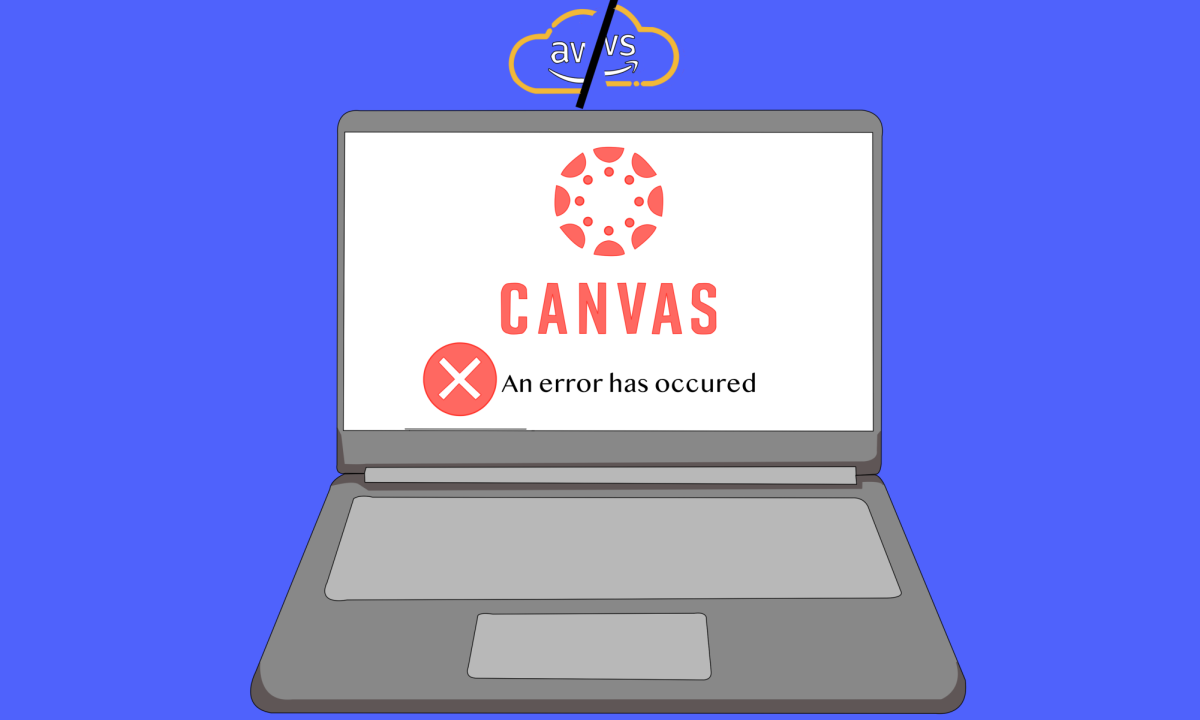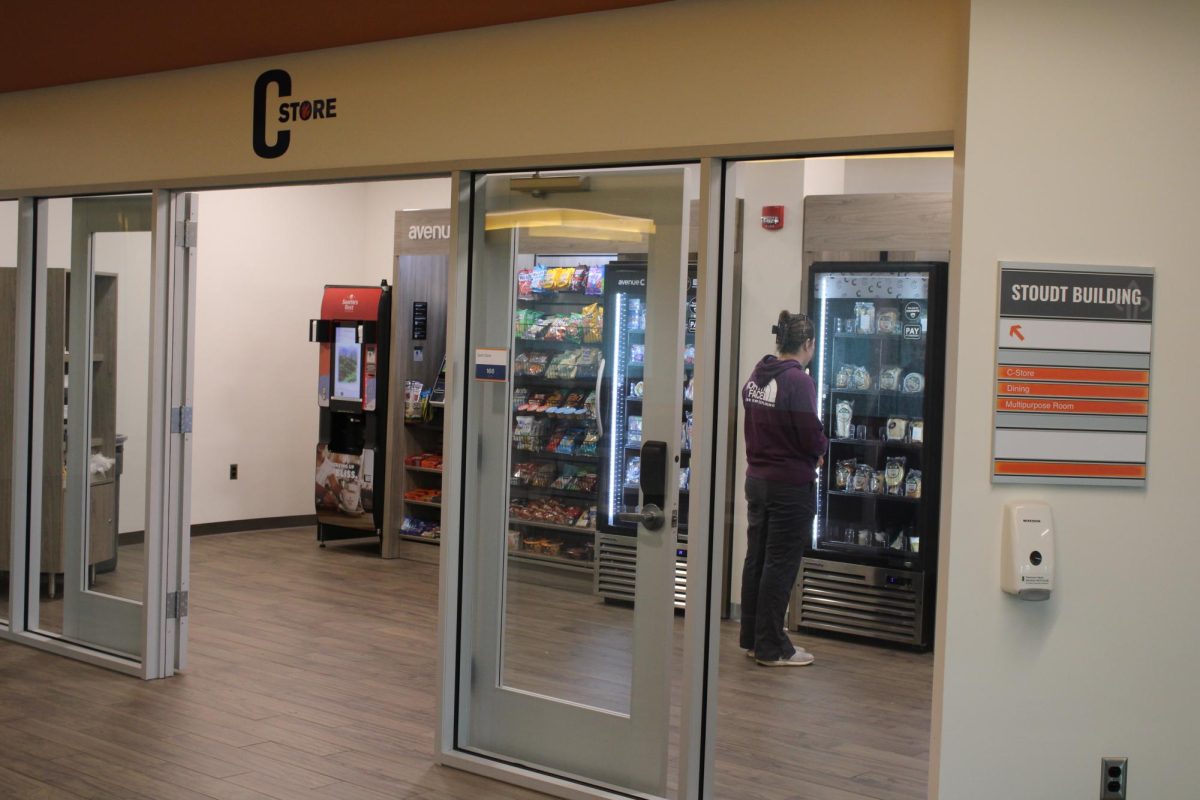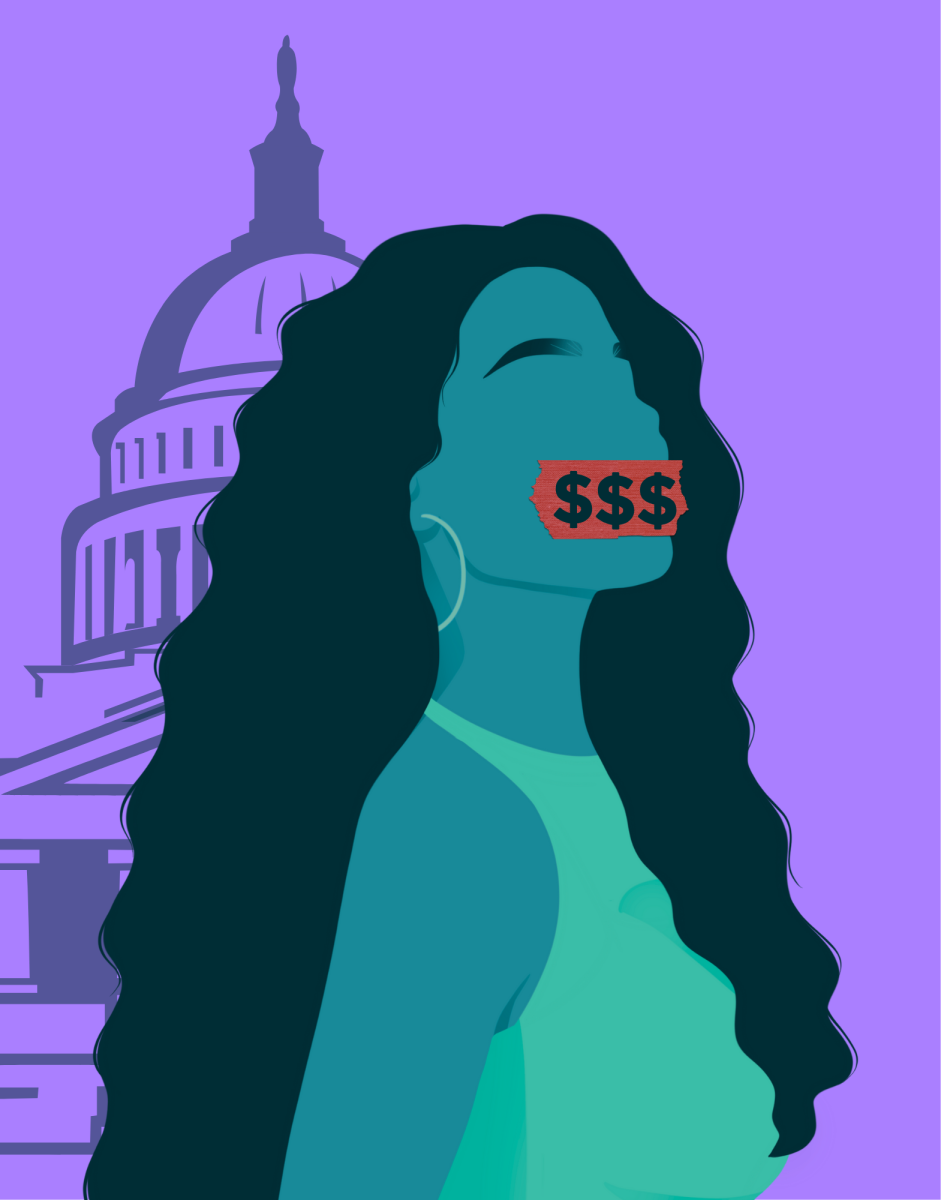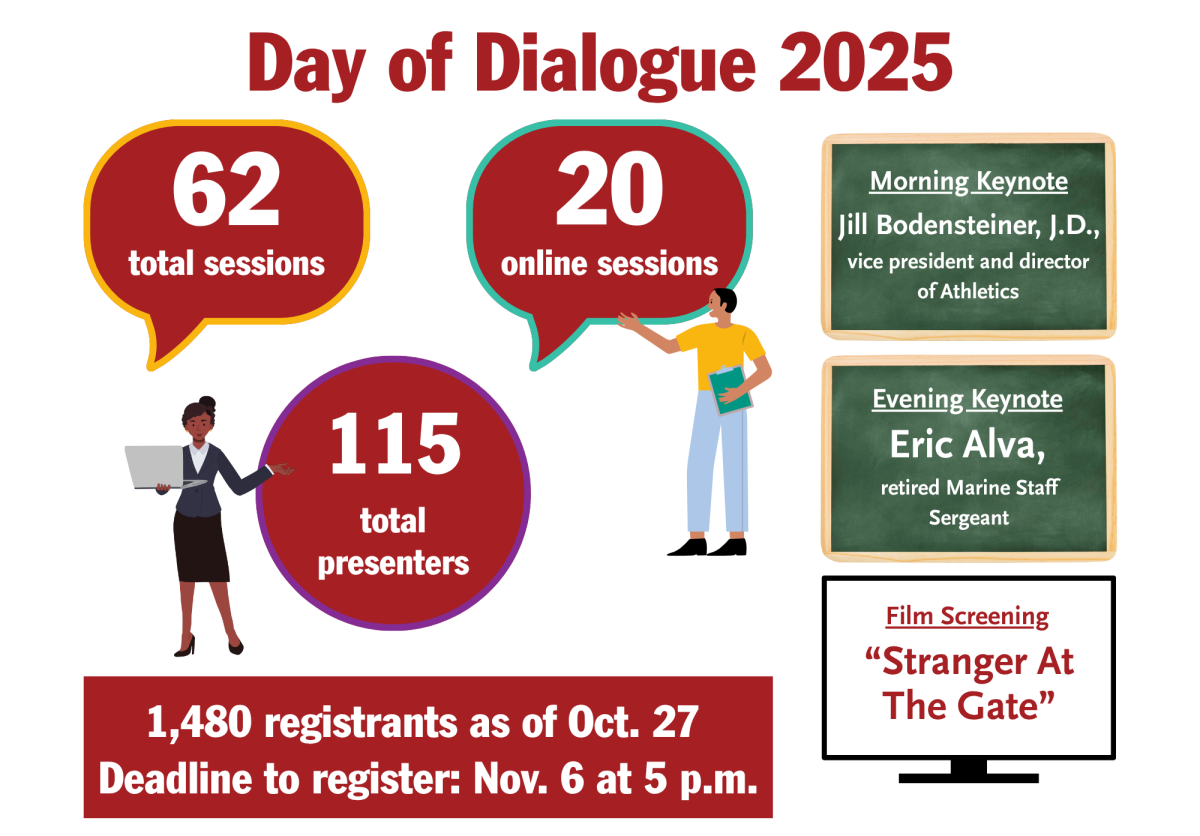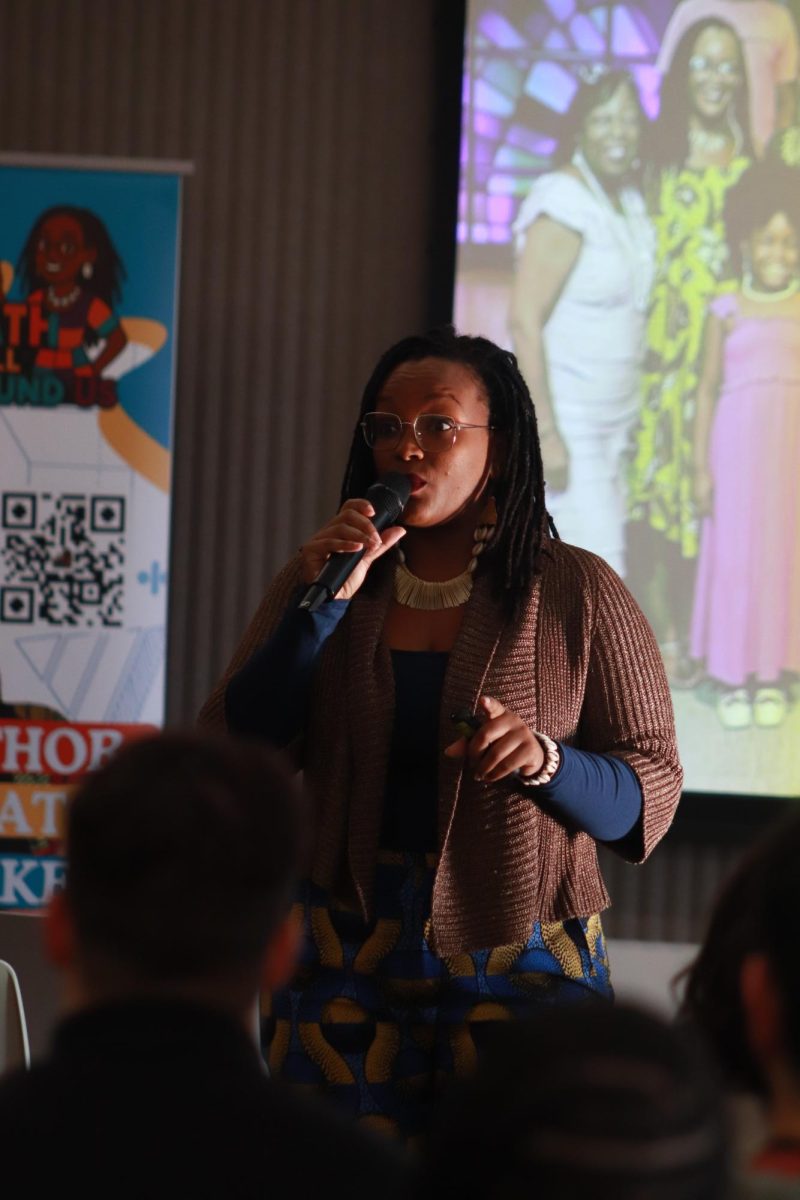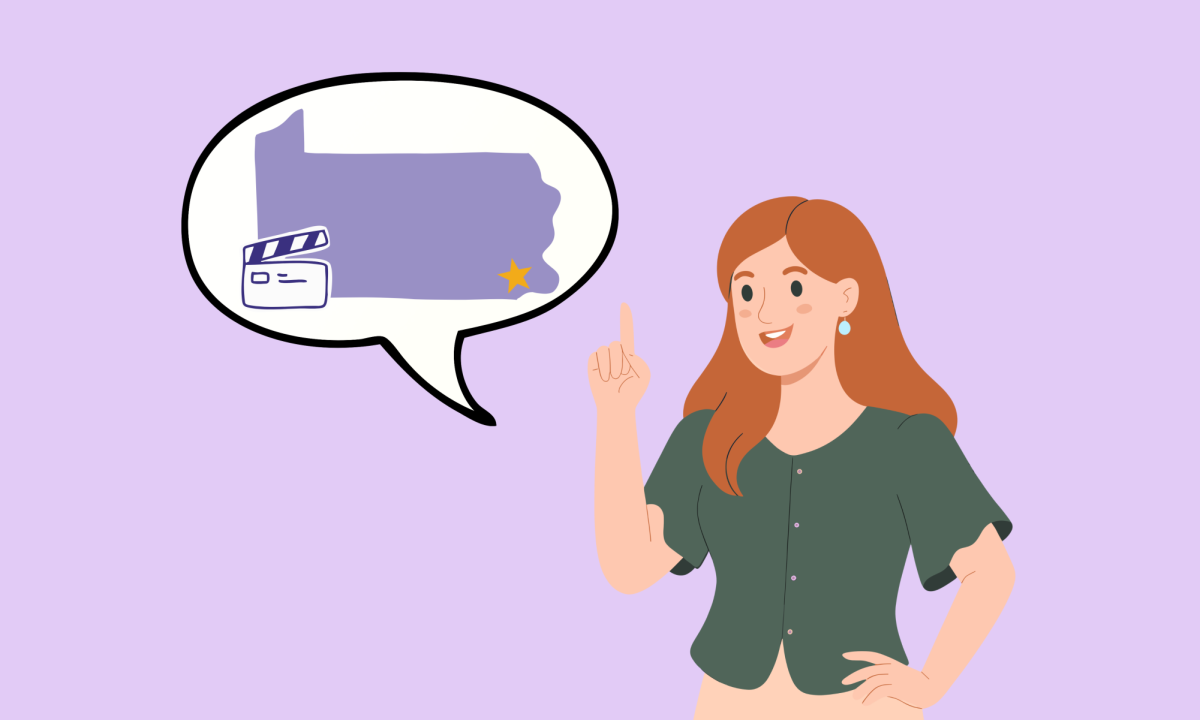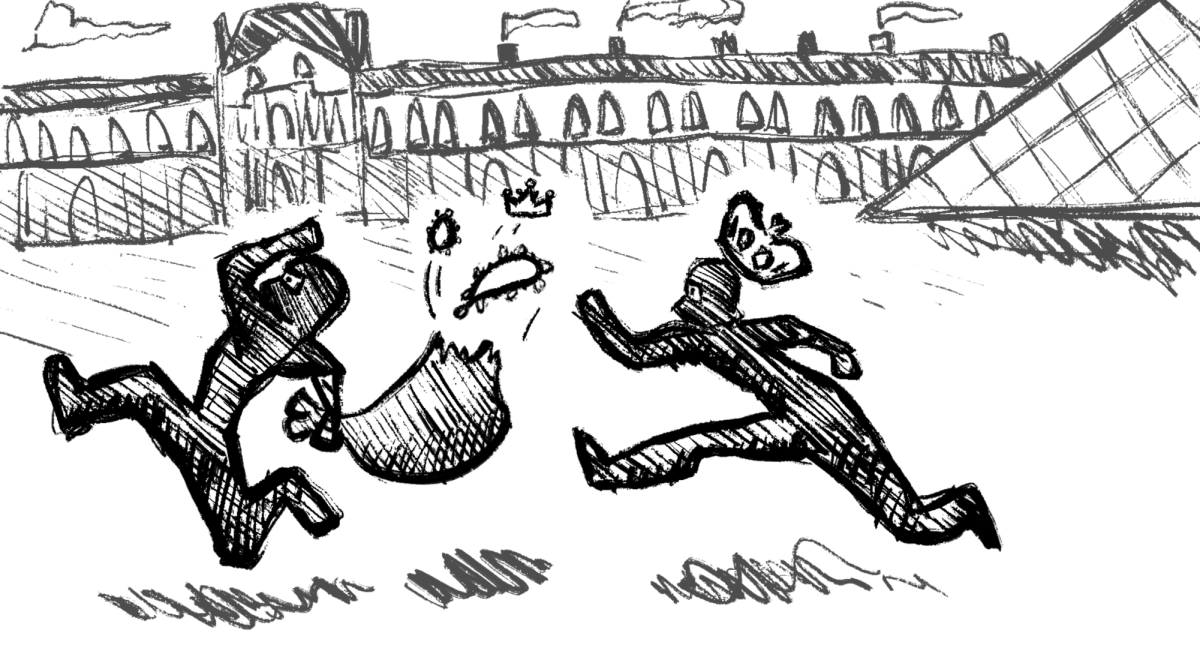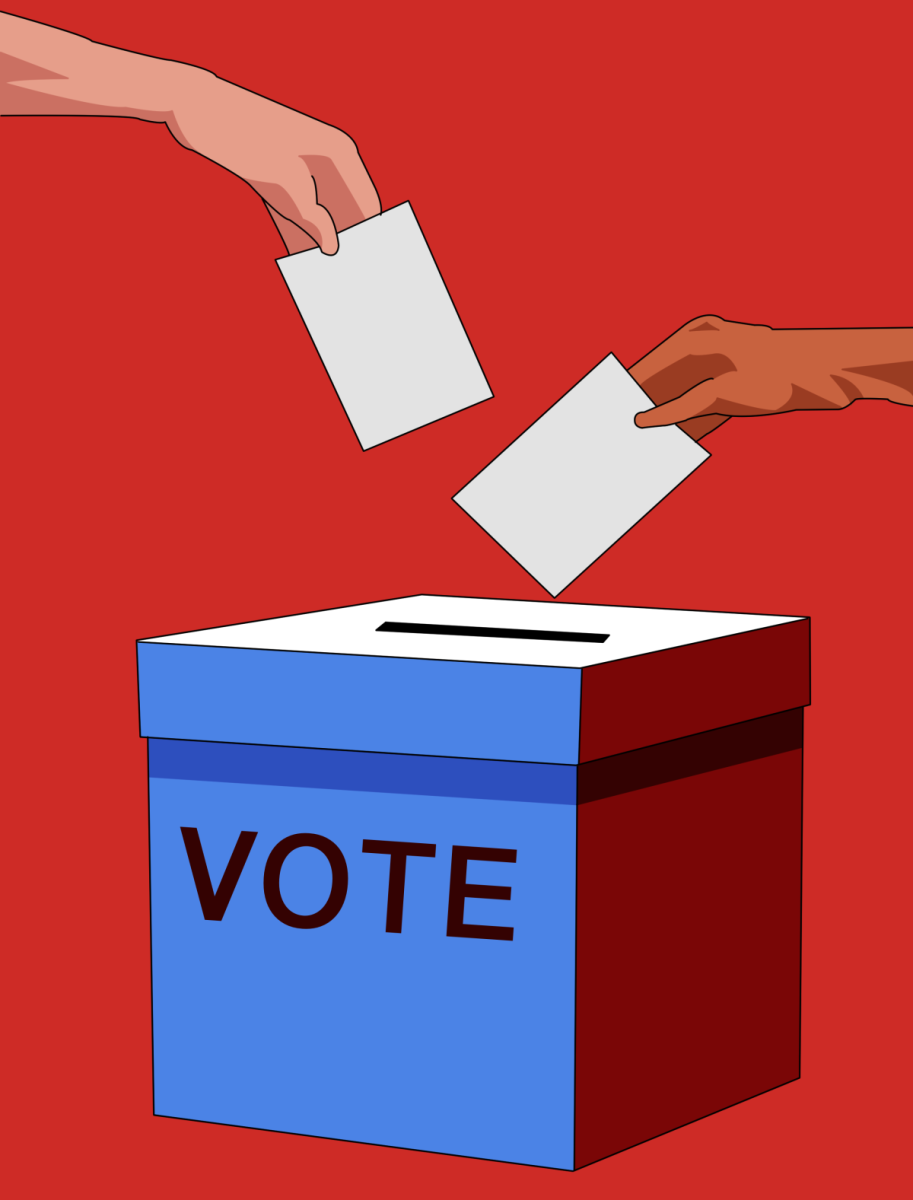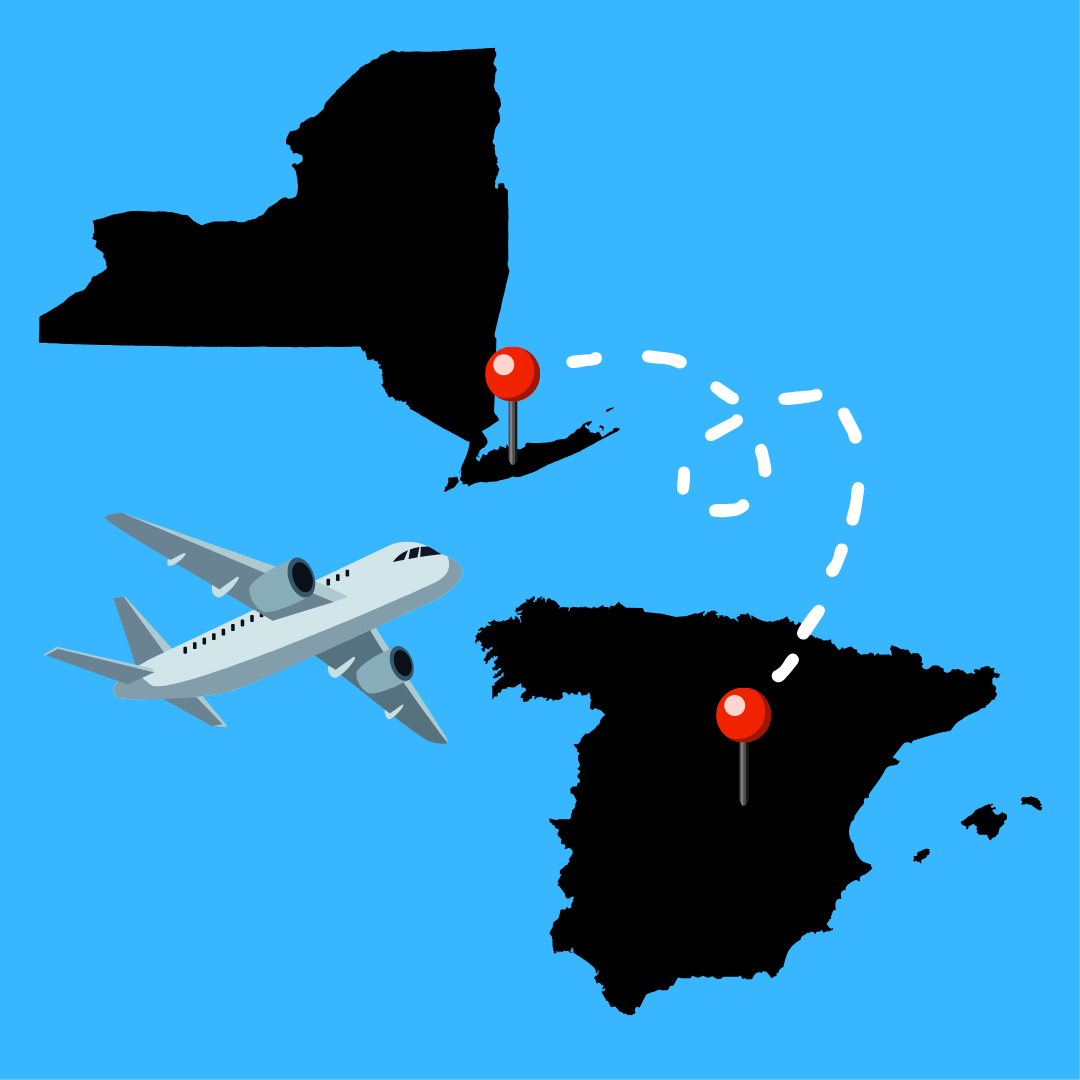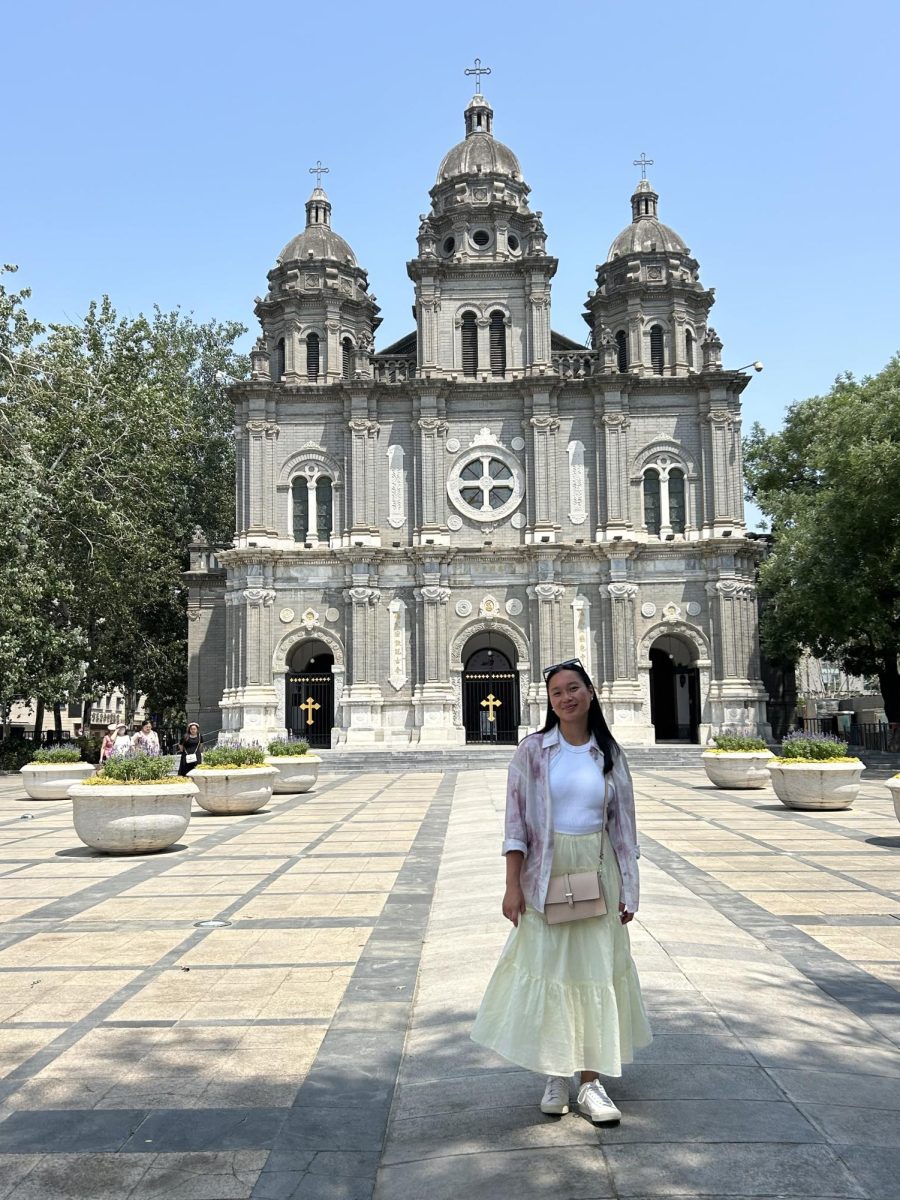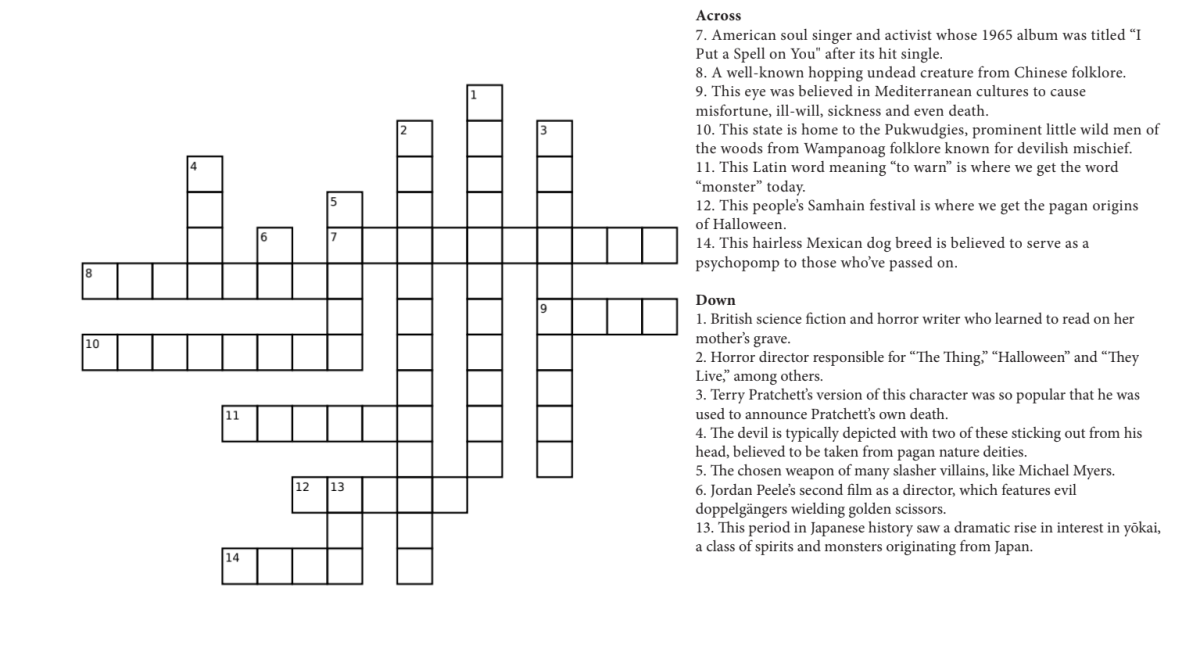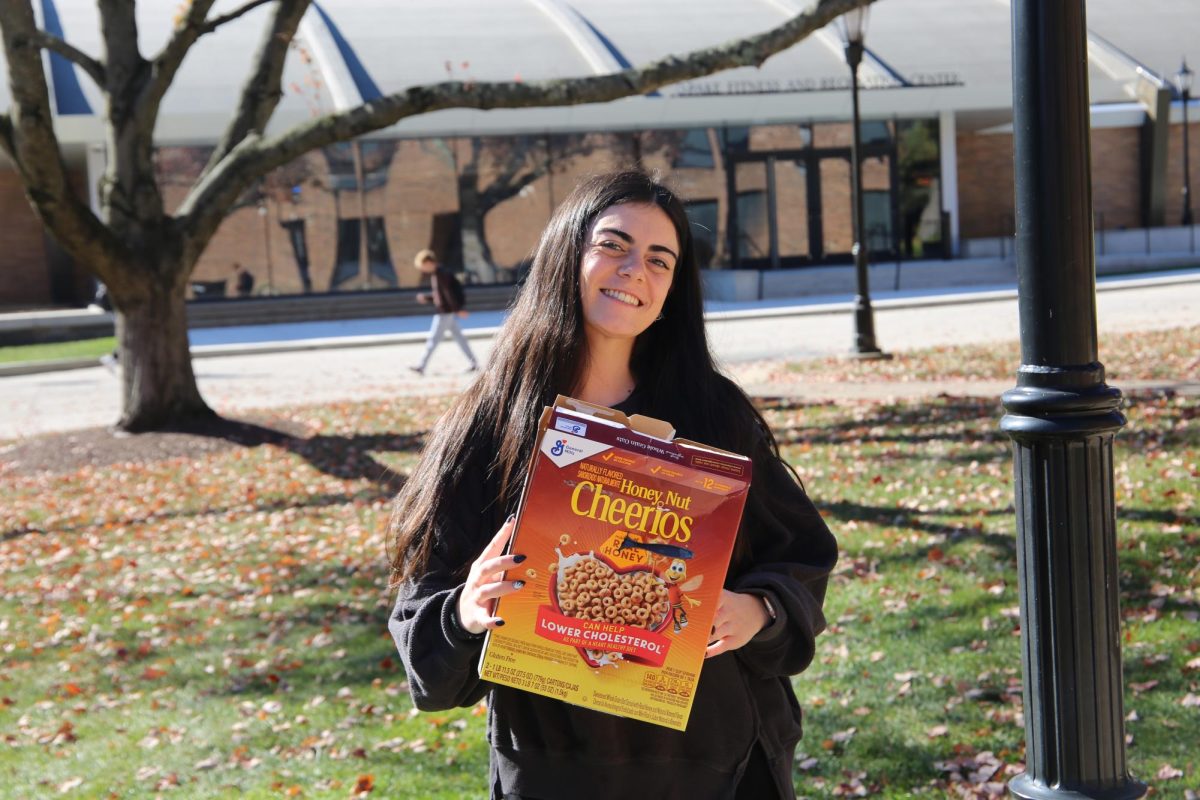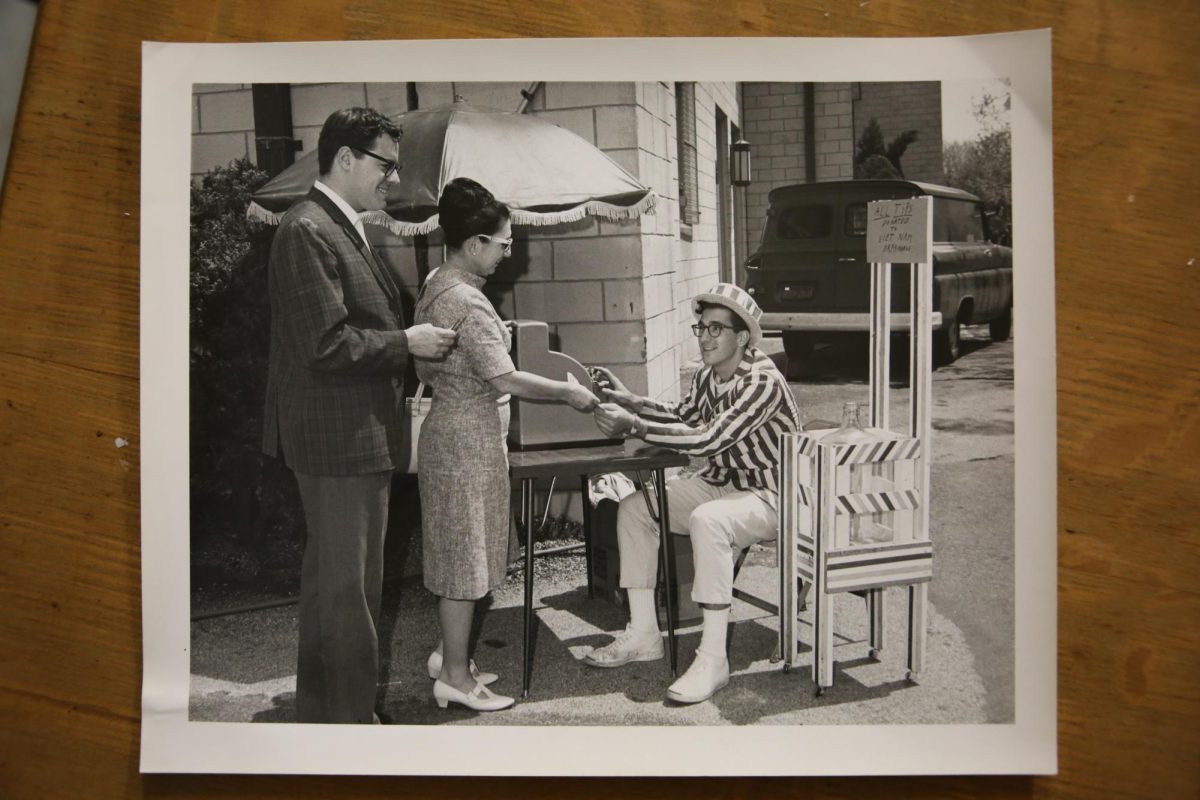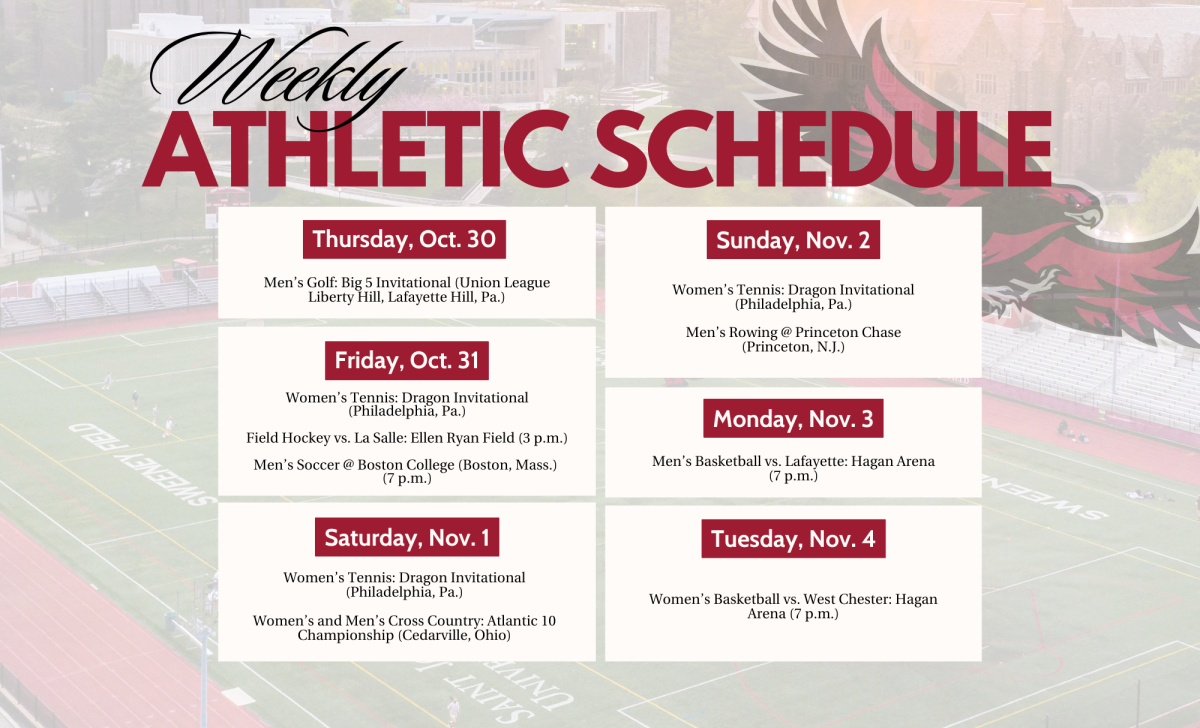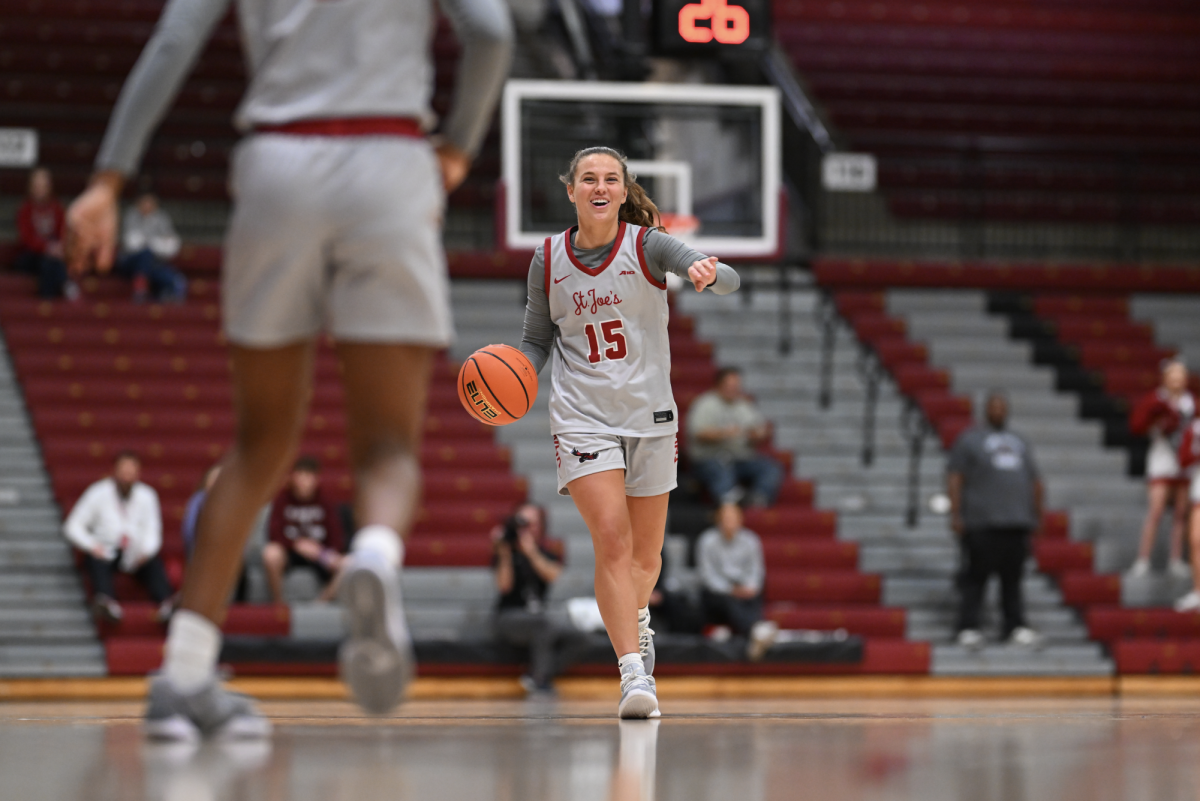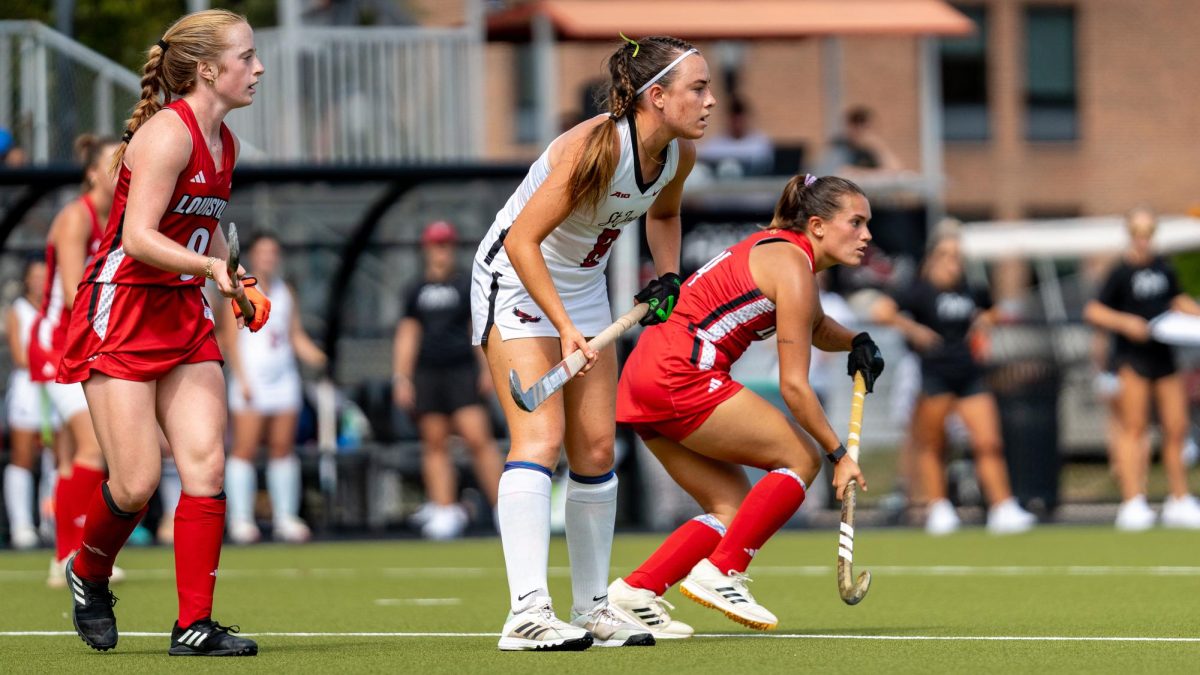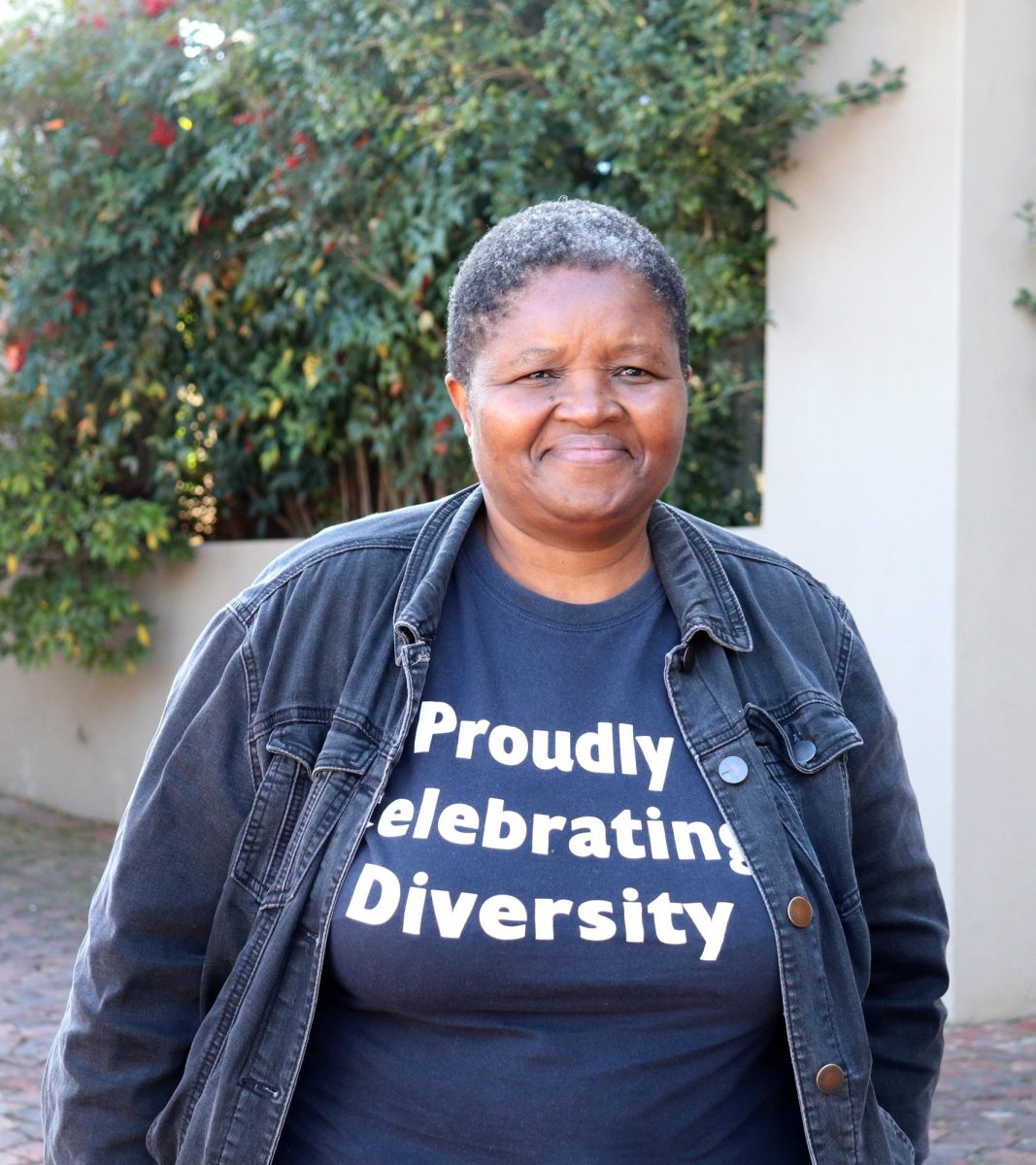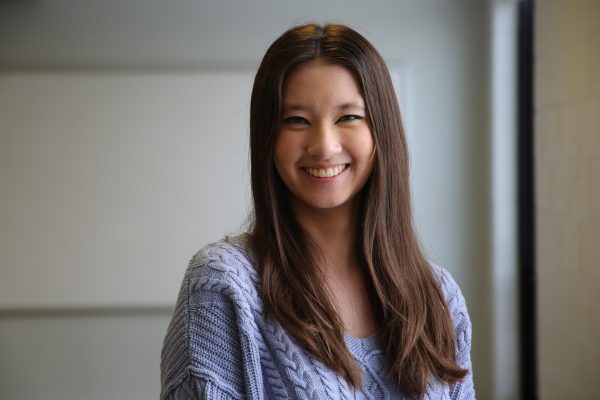South Africa – When Reverend Nokuthula Dhladhla was a teenager, she lived in fear of what would happen if her church discovered she was a lesbian. She sat through sermons preaching about the sinfulness of homosexuality and struggled to feel that she belonged.
Dhladhla’s fear was not unfounded. She was excommunicated when she was in her 20s.
“I know how it feels to be rejected,” Dhladhla said. “I know how it feels to sit in a church where hateful messages are preached about you. I know how it feels.”
Eventually, Dhladhla met another pastor who assured her that she could be both gay and a person of faith, that her sexuality and her spirituality were entwined. “There’s no way to separate the two,” she remembers him telling her.
In 1998, Dhladhla became the first openly queer person to be ordained in the Metropolitan Community Church, a Protestant Christian denomination. She also serves as the regional coordinator for the Religious Dialogue Partner Process at the international nonprofit, The Global Interfaith Network for People of All Sexes, Sexual Orientations, Gender Identities and Expressions (GIN).
In her role at GIN, which has an office just outside of Johannesburg, Dhladhla works with various Christian churches in Lesotho, Botswana and Mozambique to start conversations about sexuality and gender and their relationship to faith. Now a bishop for the Metropolitan Community Church, she also helps lead a five-day retreat that prepares LGBTQIA+ people of faith to engage in dialogue with religious leaders.
“I think GIN is really taking these uncomfortable conversations to another level and we are making sure that the world is going to change, [even if] we take one bite at the time,” Dhladhla said.
Discrimination and silence
Discussions about LGBTQ+ identities are especially relevant given the discrimination and violence LGBTQ+ individuals face across Africa. Of Africa’s 55 countries, 32 have laws criminalizing same-sex relations, punishable by fines and imprisonment, according to the Council on Foreign Relations. Four countries allow the death penalty.
About half of the continent prohibits transgender and gender nonconforming individuals from changing their gender identification on legal documents. South Africa is the only country in Africa with a constitution protecting LGBTQ+ people.
One of the countries with the harshest punishments for homosexuality is Uganda. In addition to making same-sex relations punishable by life in prison, Uganda allows use of the death penalty for people convicted of “aggravated homosexuality,” which is defined as same-sex relations between people HIV positive or those involving minors or vulnerable populations. Dhladhla said when Uganda passed the law, various LGBTQ+ organizations were trying to discern how they could keep LGBTQ+ people safe.
“What was really a bit of a disappointment for me was the fact that some of the people or churches were very quiet,” Dhladhla said.
In wake of the ongoing silence, Dhladhla said she encourages productive dialogue with leaders around LGBTQ+ issues to help make change.
“We need to figure out a way to strengthen our own LGBTI people,” Dhladhla said, “to find ourselves in these conversations, especially on high levels, where these laws have been made.”
Although South Africa’s constitution bans discrimination against LGBTQ+ people, Pierre Buckley, senior collaborations manager at GIN and a gay Anglican lay minister, said this does not mean the nation is void of LGBTQ+-targeted violence and hate.
“The more affluence you have, the more access you have, the safer you are,” Buckley said. “There’s a large group of people who are very visible, very vocal and they are protected by this status. Whether these are celebrities or politicians, or young people who sort of have a space of power. However, the large majority, those who are far removed who are still stuck in poverty, don’t have access, don’t come from wealth in any way. That’s where there’s still high rates of violence and discrimination.”
Religion is often weaponized to justify discrimination and violence against LGBTQ+ people, both Buckley and Dhladhla said.
“These things cannot continue to happen to people, because a church should be a safe space for all of us,” Dhladhla said. “And when God created all of us, God did not say, ‘Others are better than others.’”
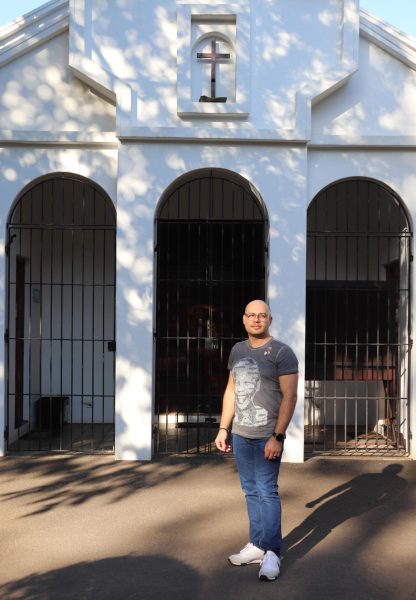
‘You’re not alone’
Sedica Davids, who lives in Cape Town and serves on GIN’s governance board, said a top priority of the organization is to educate religious leaders on how their influence can be used to promote inclusion.
“The main aim is to work with faith-based leaders in order to educate, make them more aware, make them more conscious of the power that they have,” Davids said.
When engaging in dialogue, Davids, who is Muslim, said strength and comfort can come from being in group settings.
“I think there’s power [in] numbers,” Davids said. “When you’re sitting in a group of five or six or 10 in your country and you’re learning, you should know there are numbers, you’re not alone.”
Buckley said GIN’s mission as an interfaith organization means offering opportunities for dialogue to people of all faiths.
“We’ve also developed our tools for Islam, and we’re going to start extending it back to Hinduism and other other faith groups,” Buckley said. “But we’re using the same methodology because we’ve seen that’s worked. And we’re seeing strong religious allies coming forward and speaking out and supporting the queer movement.”
Dhladhla said a barrier LGBTQ+ people of faith often face is internalized homophobia, or feelings of self-resentment in regards to their own LGBTQ+ identities, as their sexualities and gender identities have been labeled demonic or sinful.
“People struggle with internalized hate,” Dhladhla said. “People struggle to believe that God can really accept them.”
Providing agency
Dhladhla said it’s been impactful to see people “changing” and “relearning” throughout their work with GIN. This change, Dhladhla said, often occurs within LGBTQ+ people who struggled with internalized homophobia. But it also transpires within previously homophobic religious leaders, who now encourage LGBTQ+ people to “come as they are” to their churches.
“The people who have been closeted for a long time within the religious space, now find that they have a safe space to be able to recognize and integrate themselves,” Dhladhla said.
As a religious leader who is part of the LGBTQ+ community, Dhladhla said she feels blessed that her identity allows her to communicate with different groups, a feeling she described as fitting “very well into these two different worlds.”
“God has given me the gift, God has given me an opportunity to be a religious leader who happens to be a lesbian,” Dhladhla said.
Another part of GIN’s work is advocacy focused in regional and global political spaces. Buckley said GIN is one of two LGBTQ+ organizations to have Economic and Social Council accreditation (ECOSOC), which allows non-governmental organizations to participate in U.N. work.
“We do really well in mobilizing states,” Buckley said. “We’ve had countries like Malawi, Argentina, South Africa and various others to support side events on our behalf, to speak about the work we do.”
At the same time, GIN’s work is interpersonal. Buckley said one goal of GIN’s retreats and training is to empower individuals to “stand up for themselves” and “speak truth to power.”
“One of our biggest things is giving back agency to people,” Buckley said.

